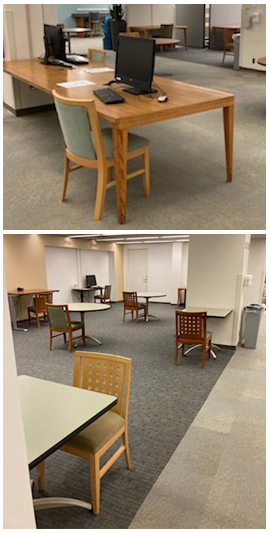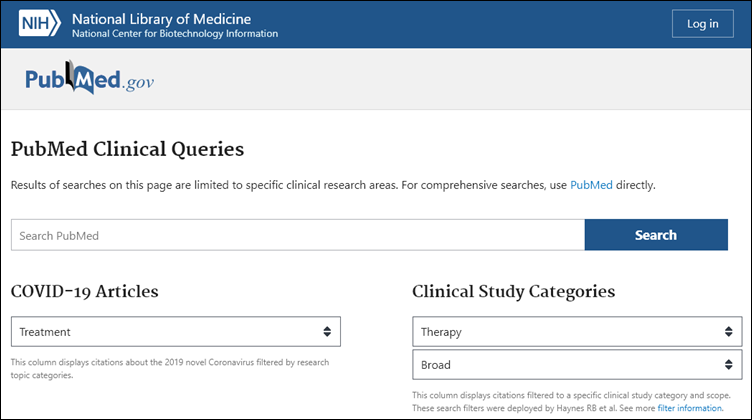The HSLS Staff News section includes recent HSLS presentations, publications, staff changes, staff promotions, degrees earned, etc.
Names in bold are HSLS-affiliated
News
Julia Dahm, Coordinator for Technology Integration Services, was appointed to the Medical Library Association’s jury to select the Brodman Award for the Academic Medical Librarian of the Year.
Barbara Epstein, HSLS Director, will chair the selection jury for the prestigious Janet Doe Lecture of the Medical Library Association.
Kate Flewelling, NNLM/Middle Atlantic Region Executive Director, completed her term as Chair of the Mid-Atlantic Chapter of the Medical Library Association. She will now serve a one-year term as Past Chair.
Publications
K. Burcat, K. Cowles, NNLM/Middle Atlantic Region Administrative Coordinator, J. Irwin, et al., published “Unraveling the Mystery of Genetics Information for Consumers: Information Professionals and Genetic Health Literacy” in the Journal of Consumer Health on the Internet [e-pub ahead of print], 2020.
S. Chaparala, Bioinformatics Specialist, C. Iwema, Coordinator of Basic Science Services, A. Chattopadhyay, Assistant Director for Molecular Biology Information Services, published “SARS-CoV-2 Infections – Gene Expression Omnibus (GEO) Data Mining, Pathway Enrichment Analysis, and Prediction of Repurposable Drugs/Compounds,” Preprints 2020, 2020090459 (doi: 10.20944/preprints202009.0459.v1). Continue reading →

 Due to
Due to 
 Charles Estienne (1504-1564) was a contemporary of Andreas Vesalius. He came from a family of Parisian printers and publishers. Estienne studied classical philology at the University of Padua in Italy, and upon his return to France, earned a medical degree at the University of Paris. He practiced medicine and taught anatomy at the Faculté de Médicine (1544-1547). His De dissectione partium corporis humani (1545) is often compared to the famous De humani corporis fabrica by Vesalius (1543). Estienne prepared anatomical drawings with the surgeon and artist Etienne de la Riviére. They partially printed the book in 1541, but its full publication was delayed due to a lawsuit in which both collaborators were involved. Had it appeared as planned, this work may have changed several “firsts” in medical history as claimed by Vesalius.
Charles Estienne (1504-1564) was a contemporary of Andreas Vesalius. He came from a family of Parisian printers and publishers. Estienne studied classical philology at the University of Padua in Italy, and upon his return to France, earned a medical degree at the University of Paris. He practiced medicine and taught anatomy at the Faculté de Médicine (1544-1547). His De dissectione partium corporis humani (1545) is often compared to the famous De humani corporis fabrica by Vesalius (1543). Estienne prepared anatomical drawings with the surgeon and artist Etienne de la Riviére. They partially printed the book in 1541, but its full publication was delayed due to a lawsuit in which both collaborators were involved. Had it appeared as planned, this work may have changed several “firsts” in medical history as claimed by Vesalius.